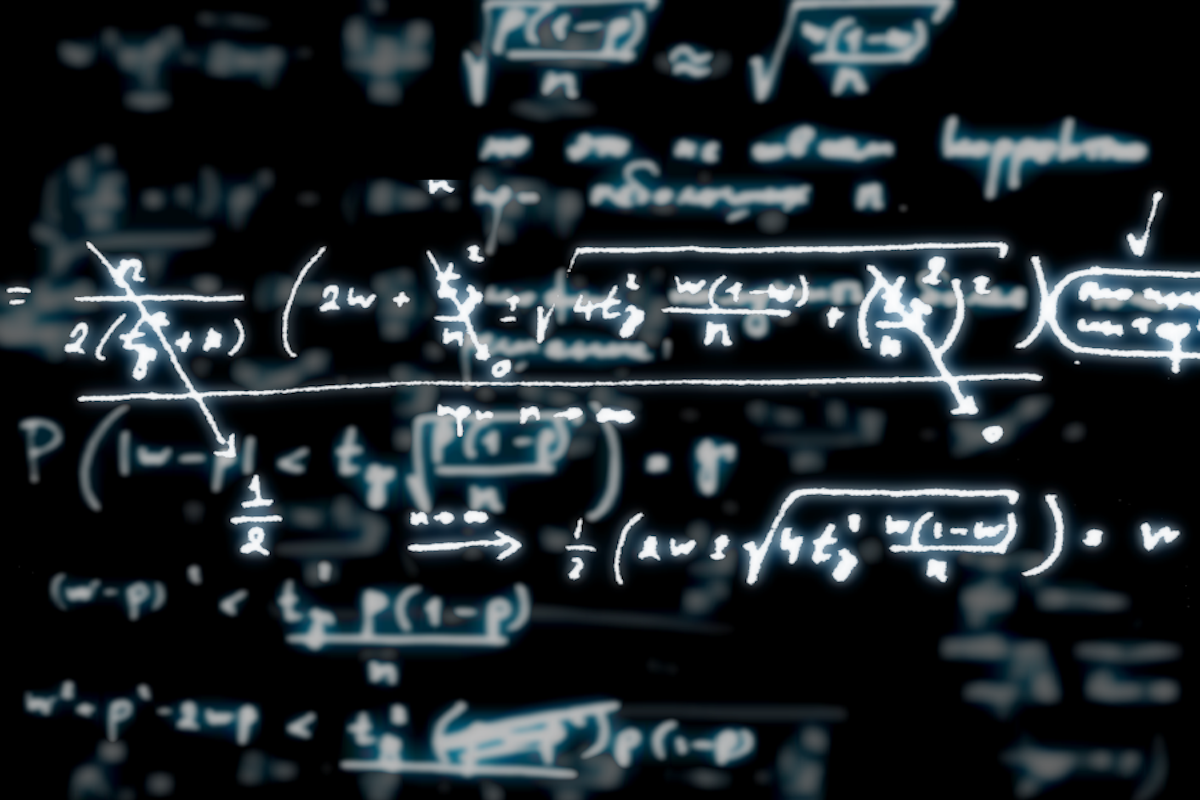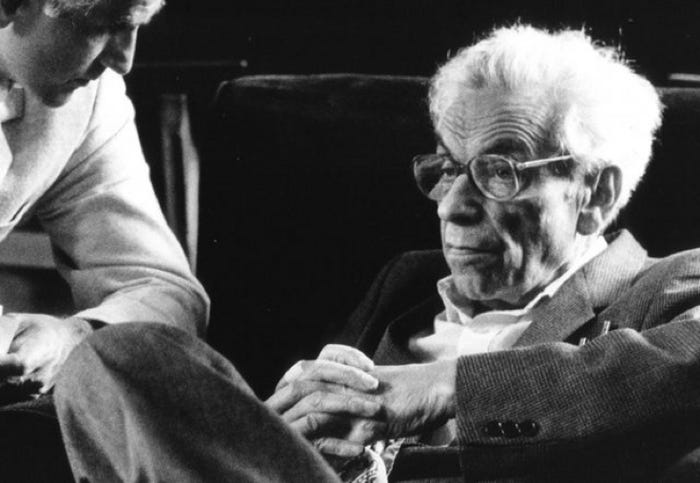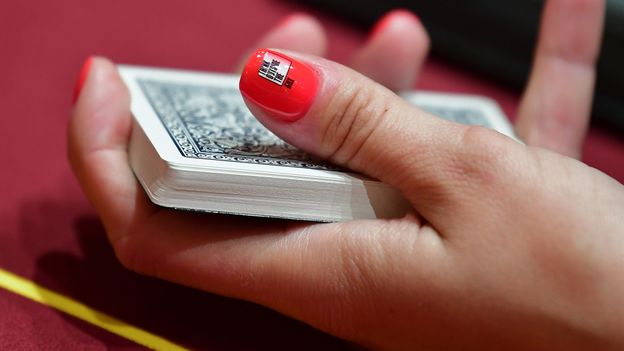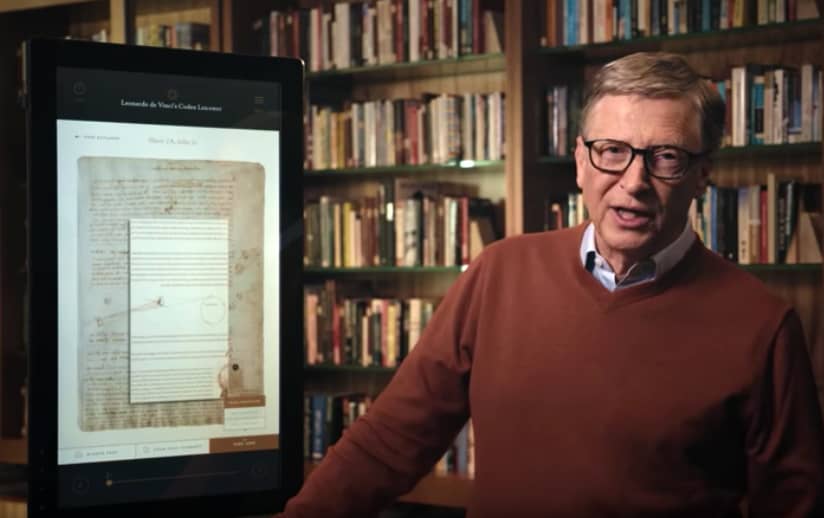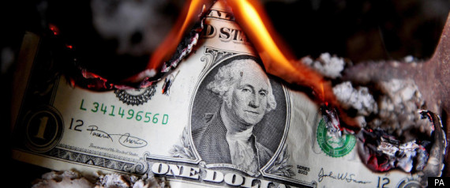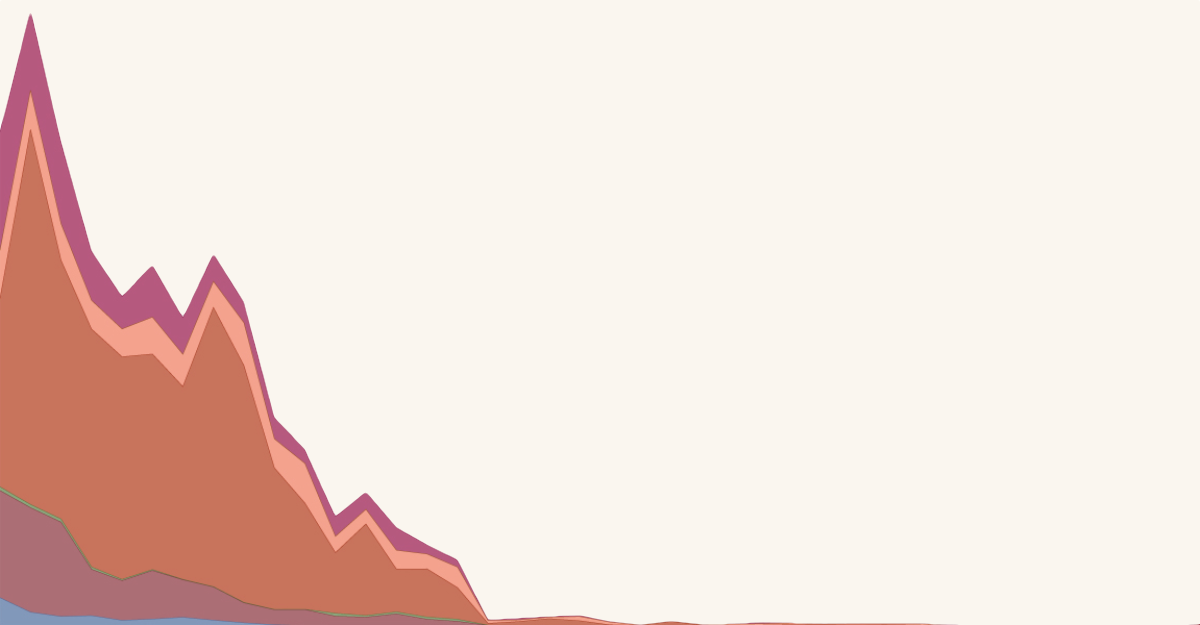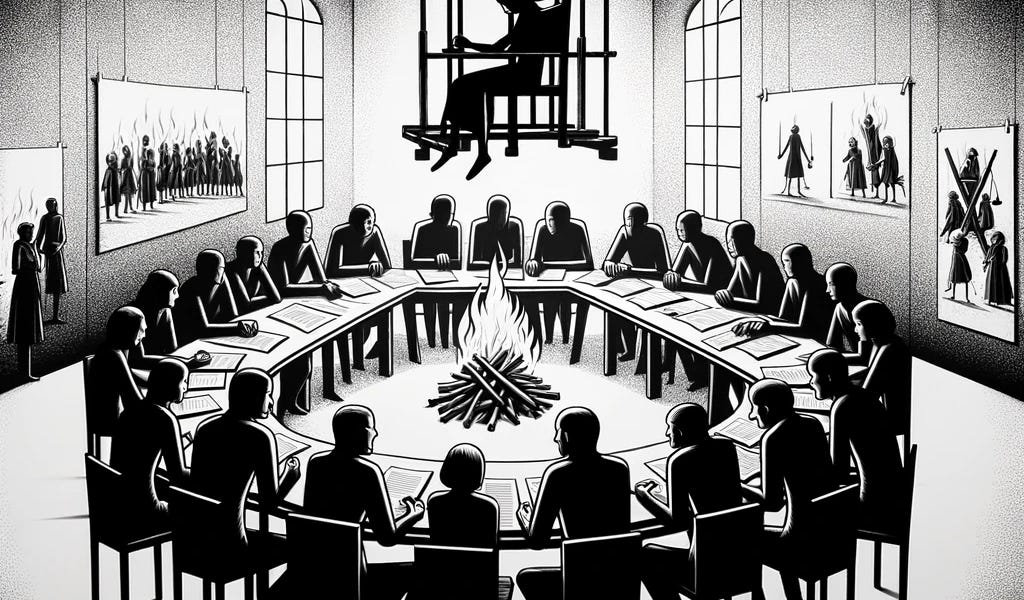Mathematics of bookmaking
In gambling parlance, making a book is the practice of laying bets on the various possible outcomes of a single event. The term originates from the practice of recording such wagers in a hard-bound ledger (the 'book') and gives the English language the term bookmaker for the person laying the bets and thus 'making the book'.[1][2]
A bookmaker strives to accept bets on the outcome of an event in the right proportions in order to make a profit regardless of which outcome prevails. See Dutch book and coherence (philosophical gambling strategy). This is achieved primarily by adjusting what are determined to be the true odds of the various outcomes of an event in a downward fashion (i.e. the bookmaker will pay out using his actual odds, an amount which is less than the true odds would have paid, thus ensuring a profit).[3]
The odds quoted for a particular event may be fixed but are more likely to fluctuate in order to take account of the size of wagers placed by the bettors in the run-up to the actual event (e.g. a horse race). This article explains the mathematics of making a book in the (simpler) case of the former event. For the second method, see Parimutuel betting.
